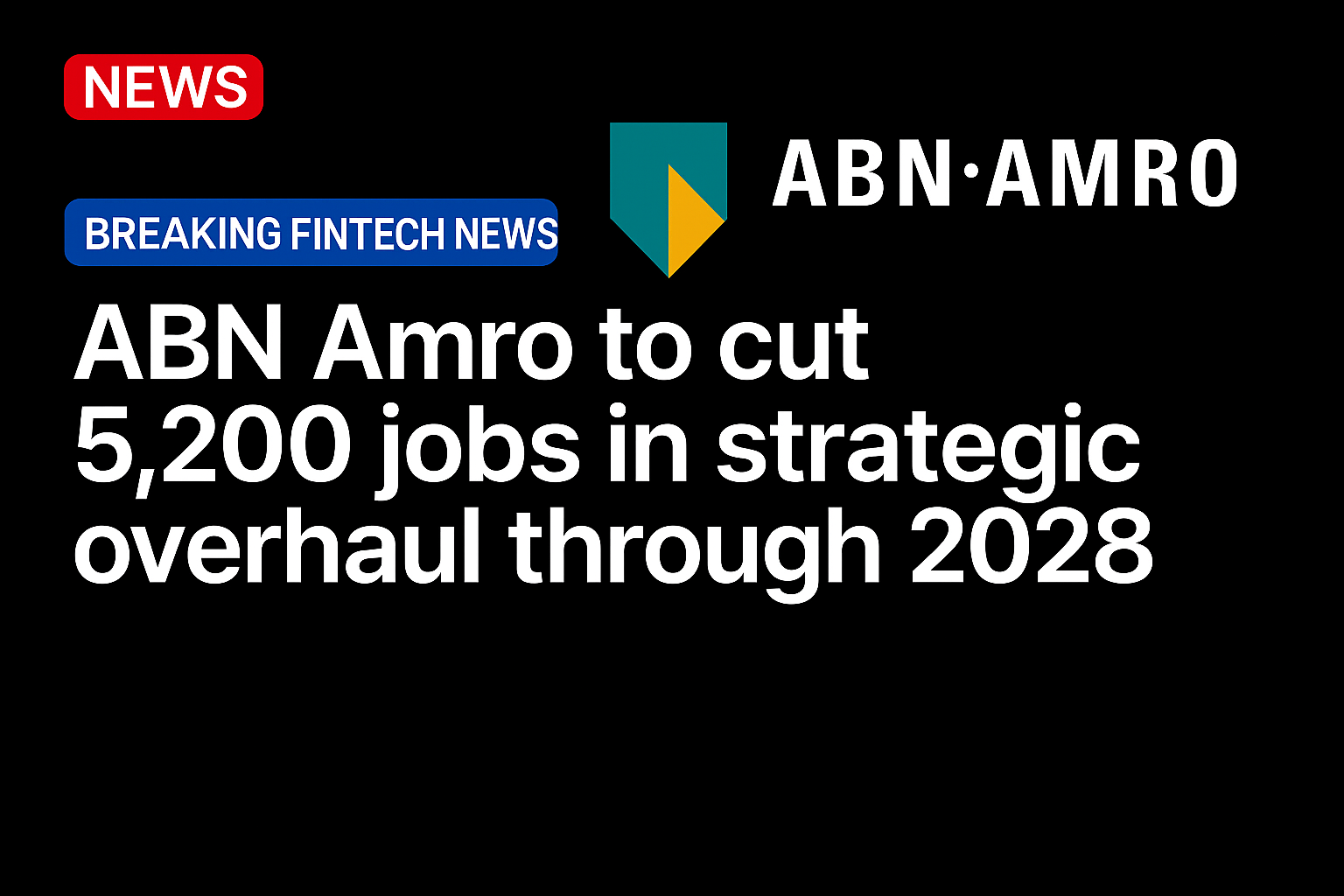UK retail and hospitality businesses are losing a whopping £1.6billion a year to payment system outages, a new study warns. These disruptions, which can last an average of 84 minutes, far exceed what most consumers are willing to tolerate, putting businesses at risk of lost revenue and reputational harm.
By the time a payment system has been down for 22 minutes, total losses could reach £1.17billion, equivalent to 74 per cent of all the revenue at risk.
The research, conducted by FreedomPay, Dynatrace and Retail Economics, also found that these failures are not one-off events but recurring challenges, with UK businesses experiencing an average of more than five major outages each year. Sixty-one per cent of these incidents occur during peak trading periods, amplifying their financial impact.
“Consumer-facing businesses are operating in increasingly unpredictable conditions,” says Chris Kronenthal, president, FreedomPay. “From extreme weather and power failures to cyber-attacks and system outages, disruption is no longer the exception, it’s becoming the norm. The lack of planning by businesses, coupled with the fragility of existing infrastructure, is creating a perfect storm for revenue loss and reputational damage.”
Payment outages
Meanwhile, there’s a disconnect between what businesses think consumers will tolerate and what consumers actually experience: while most customers stop waiting after 22 minutes, businesses estimate they have 32 minutes before losing patience, leading to underappreciated risks to revenue and brand reputation.
This misjudgement leads to lost sales and damage to brand reputation, as frustrated customers abandon transactions.
The study also found that one in five retail and hospitality businesses do not have a secure digital backup payment system. With fewer than 30 per cent of consumers regularly carrying cash, and the average amount of cash carried (£35) below the typical in-store spend of £47, businesses without digital backups are particularly exposed.
Higher-income consumers, who visit retail and hospitality venues more frequently and rely more on digital payments, are especially affected by these disruptions.
Alois Reitbauer, chief technology strategist at Dynatrace, also commented: “Outages don’t just stop transactions; they break the customer journey and disrupt essential services. To stay resilient, businesses need real-time visibility, the agility to adapt in real time, and technologies that auto prevent and auto remediate disruptions. In a world where disruptions are inevitable, speed and insights are a business’s most valuable safeguards.”
While Richard Lim, CEO, Retail Economics, added: “Investing in robust, fail-safe payment infrastructure isn’t just about mitigating risk; it’s about safeguarding future growth and maintaining a competitive edge.”
Source: https://thefintechtimes.com/





